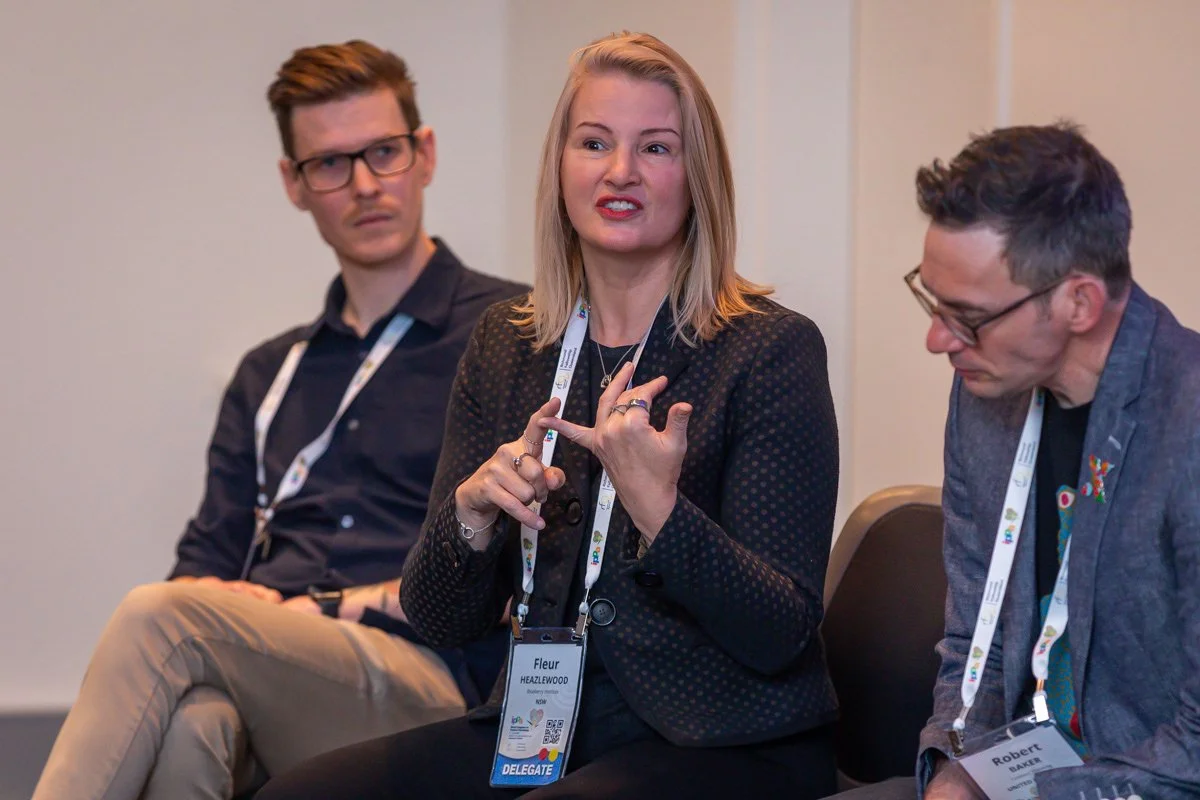Time to trust rather than tether
With society beginning to emerge from the throes of the Covid-19 pandemic, what can we expect from this new world of work, and why should personalisation and job crafting be incorporated into the restructuring process?
One thing is certainly clear - work as we’ve previously known it may be altered forever. The pandemic has demanded trust between organisations and employees - a trust which has yielded incredible business, as well as wellbeing, benefits.
The Five Ways to Wellbeing- Connect
A happy, healthy workforce is imperative for the success of any organisation. UK employees will work an average of nearly 85,000 hours in their lifetime [1]- the equivalent for spending approximately a decade working solidly night and day. Looking after our wellbeing and the wellbeing of our colleagues is therefore essential.
Building better work – the IKEA Effect
Most us will have experience of self-assembling something. You can buy ‘flat pack’ kits to build almost anything, ranging from houses and cars to bookshelves and desks. For some it can be a joy, for others (myself included) it can sometimes be a bit of a struggle.
But what can our experiences of self-assembly teach us about work? It turns out that the role we play in constructing something, changes our relationship with it.
Ultimately, we value what we build.
Positive universities: bring passion and optimism but don’t forget the purpose.
- What would be happen if in addition to earnings, employability and academic attainment, we also measured the legacy of higher education in terms of a graduate’s wellbeing?
- What would a flourishing university mean for staff and students?
- What would a Positive University look and feel like?
From last Friday’s International Positive Education Network (IPEN) conference it is clear that leaders at the highest levels in higher education, public health and economic policy, joined by world-leading scholars and public policy shapers are both curious and serious about exploring these questions.
And so they should be.
Creating a tailored approach to work
The personalisation of goods, services and activities appears to becoming ever more prevalent and popular. From the comfort of your sofa, you can now personalise your trainers, order made-to-measure clothes and even add your own label to chocolate and hazelnut spread.
Wouldn’t it be wonderful if the possibilities for greater personalisation spilled over to the world of work? Where rather than being asked to fulfil a specific job, task or activity, you were encouraged to tailor and tweak aspects of your role based on your personal strengths, passions and interests.









